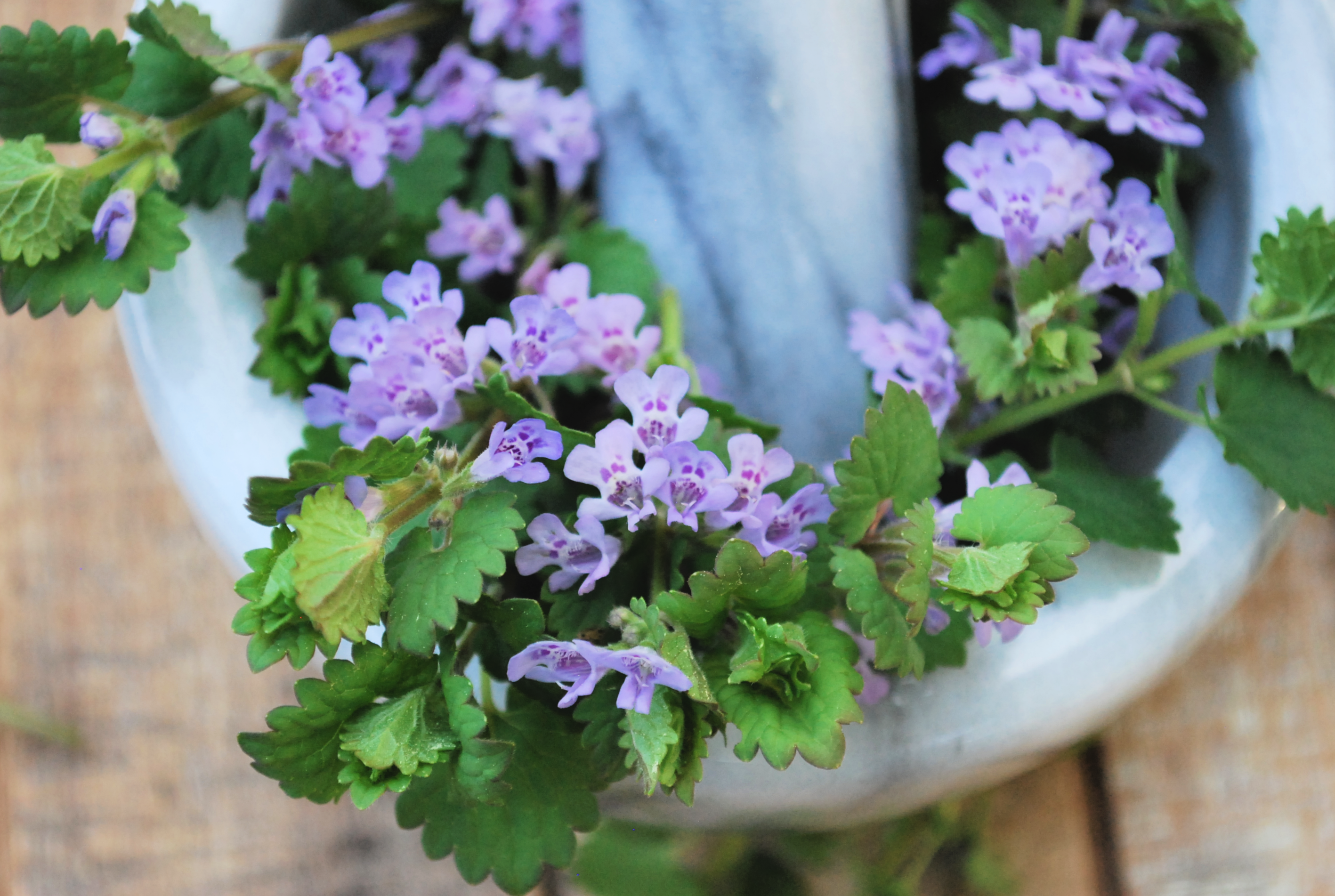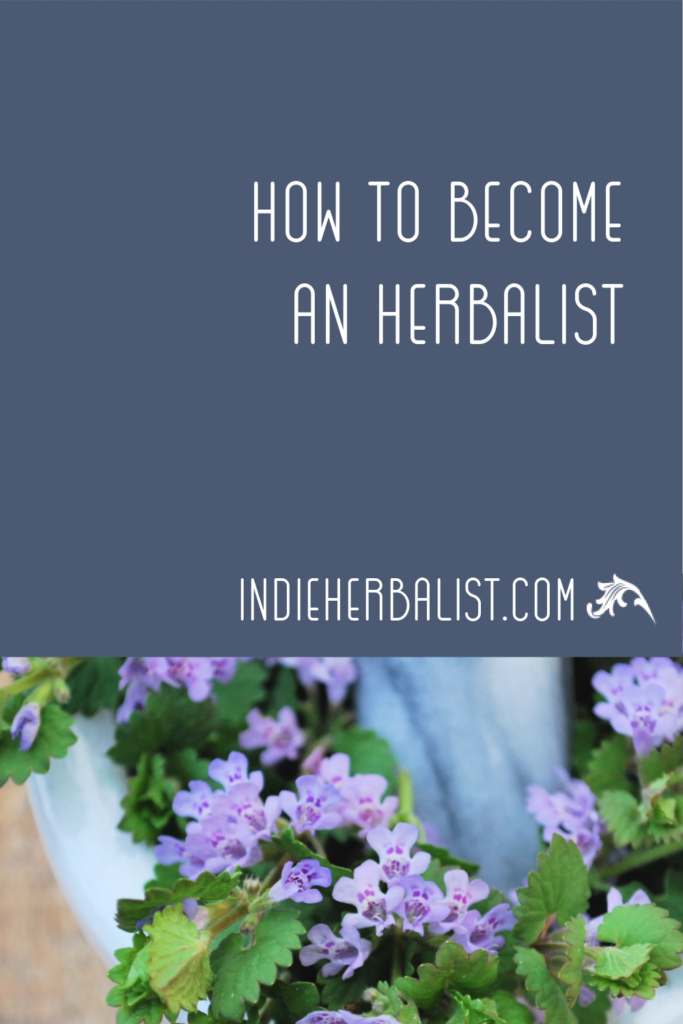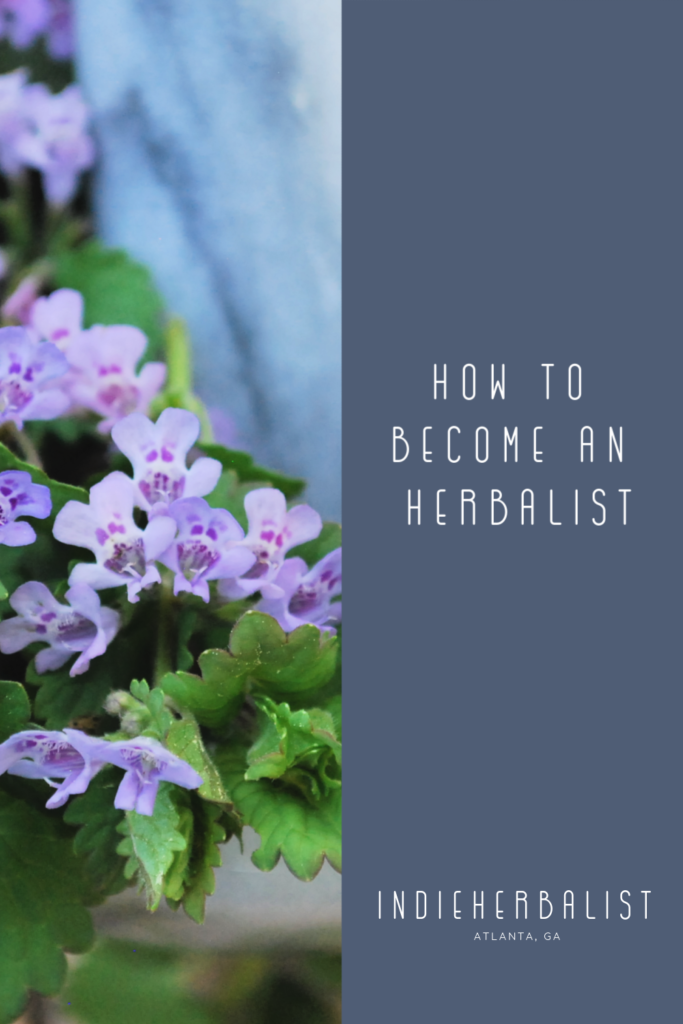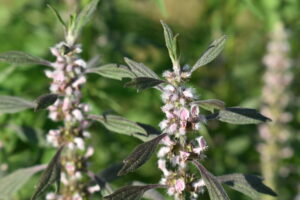Links contained in this post and elsewhere on my website may include affiliate links. When you make a purchase through these links, I earn a commission at no additional cost to you. I only link to products and services that I love - and that I think you will love, too!
Polite, earnest variations of “How do I become an herbalist?” are often in my email inbox from aspiring herbalists. I do my best to answer every email, but I thought it would also be fun to write an article about how to become an herbalist. After all, there’s a lot more to that question than most people realize.
When you ask how to become an herbalist, you actually need to break that down into several different actions to arrive at the best answer. It’s important to consider your ultimate goal, research legal aspects where you live, plan an herbal education that matches your goals, and then enjoy the journey that comes with taking on a lifelong profession.
Consider your ultimate goal
The first thing you should do is define what herbalist means to you. Working with herbs doesn’t necessarily mean working directly with clients. For example, herbal career paths include farming, creating products to sell, and working as a teacher. Some herbalists even develop multiple skills and streams of income.
In my experience, the most important thing to remember is that you are actually a small business owner with a passion for herbalism. My own herbal career has included teaching classes, working with clients, freelance writing, recipe development, horticulture, and learning photography. I’ve written ebooks and also published a book through a mainstream publisher.
Now I’m learning to podcast and creating my own courses! Your path may take you to surprising places, but having a general direction in mind can help you best allocate your time and resources.
Research how to become an herbalist where you live
After you determine your ideal job description, you need to consider where you live. There may be legal definitions or guidelines in your country that determine what you can and can’t do. If you have professional herbalist organizations in your area, they can help you understand your options.
Here in the United States, anyone can call themselves an herbalist. The phrases “certified herbalist” and “master herbalist” don’t actually mean anything. This is because there is no herbalist licensing board that certifies anyone.
Also, most herbal schools here aren’t accredited. The American Herbalist Guild does offer a registered herbalist peer review process that allows you to put RH, AHG after your name. Other than that, your education and your work experience become your credentials.
I can’t speak to herbalism in other countries, but I know that being an herbalist in the United States means being careful to avoid language and activities that are reserved for medical professionals. These considerations vary from state to state. There are also many rules to follow regarding manufacturing herbal supplements. Even the labels for herbal products need to follow special rules.
My article How to Use Safer Herbal Language examines some of my experiences in learning to talk like an herbalist that may be helpful if you want to work directly with clients or write about herbalism.
Start with a high-quality herb school
As I mentioned above, your education and your work history become your credentials. So don’t skimp on your herbal education. It’s easier than ever before to access fantastic, well-researched herbal learning online.
Enrolling with a school will also help you get a great herbal foundation in place. However you decide to use your herbal education, the basics will always be important. Herbalists need to:
- Have a holistic perspective on health
- Be able to recognize and apply specific plants safely and effectively
- Understand how to differentiate between similar herbs and make the best choice or use substitutions
Herbalists that work with clients also need to:
- Develop excellent people skills
- Learn the record-keeping and legal aspects of working with clients
- Know how to help clients set and achieve their goals with herbs
- Be aware of conditions or situations that should be referred to a medical professional
If you are interested in working one-on-one with clients, I highly recommend the Herbal Academy’s Clinical Herbalist course package (#affiliate). It helps you master herbalism from beginner to advanced with professionalism in mind. Their courses are referenced, well-researched, and beautifully presented. They present the perspectives and experiences of many different practicing herbalists, which is immensely helpful! I worked as part of their writing team for the Advanced Course.
Realize that it’s a lifelong path
Herbalism is a vibrant, living tradition that changes and grows over time. History, folk traditions, and modern science all contribute to the perspective and knowledge we develop as herbalists. As we progress in our careers, we continually learn from the plants, our clients, and other herbalists.
Some of the ways to pursue continuing education as herbalists include:
- Working with a mentor
- Dedicating time to create a personal materia medica journal
- Reading widely to introduce yourself to new ideas (For instance, I keep an herbal reading list, and even post about what I’ve read here)
- Attending herbal webinars on specialized topics
- Enrolling in online courses to deepen your knowledge
Herbalism is a career path with many exciting opportunities. It’s a natural choice if you love plants and people. My own herbal career has become a rewarding journey, and I hope yours will, too!




